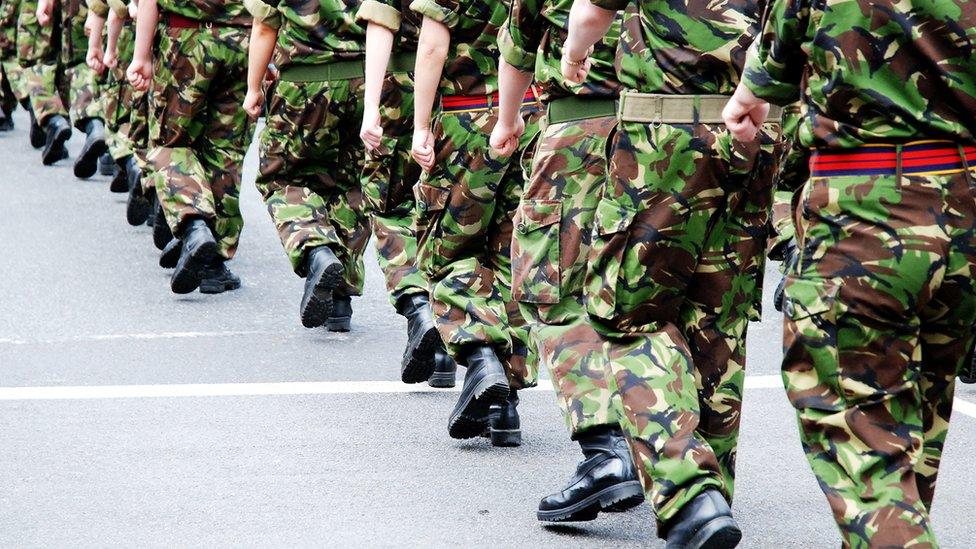Troubles death cases are 'very problematic'
- Published
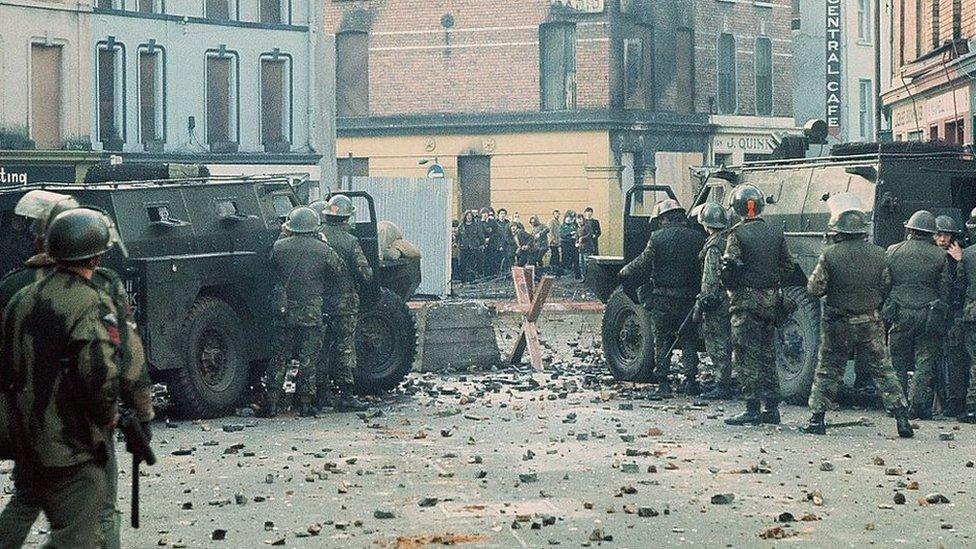
The case of Soldier F involves a reversal of one of the most high-profile prosecution decisions of recent years
This is a dramatic turn of events.
One which, in the case of Soldier F, involves a reversal of one of the most high-profile prosecution decisions of recent years.
But it is not a complete bolt from the blue.
This outcome was made possible weeks ago by a decision in another Troubles case - the repercussions of which, perhaps, did not fully register with most people.
When the trial of Soldiers A and C ended in acquittal on murder charges over inadmissible statements, the PPS, if it knew the full consequences, gave little inkling publicly of the direction of travel.
And so to today and a hotel room in Londonderry where the news was broken, face to face, with victims' families.
For the Director of Public Prosecutions, Stephen Herron, it will, undoubtedly, have been a very difficult conversation.
But somewhere else, communicated by letter to a solicitor's office, the same decision will have been met with a completely different reaction by Soldier F.
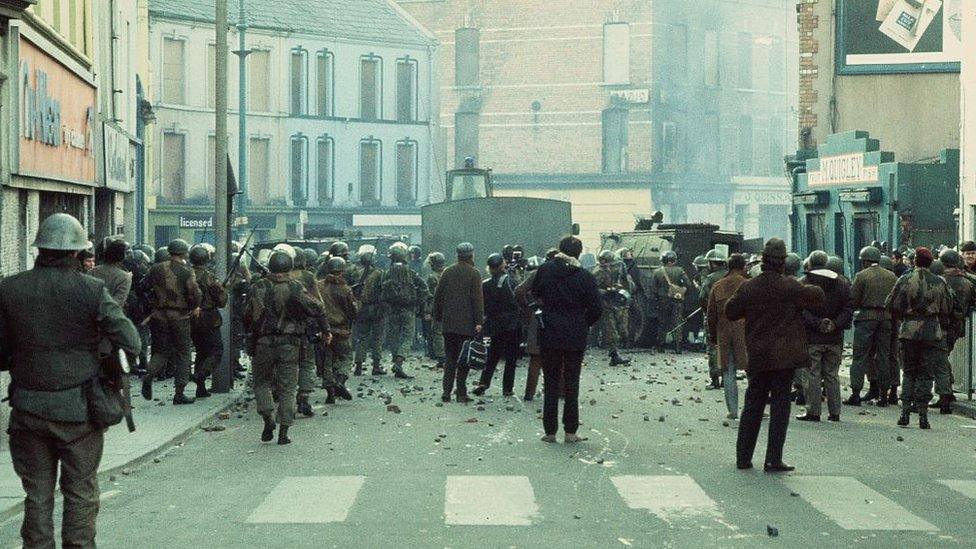
The PPS has reviewed four cases of long-retired soldiers
This and other prosecutions and investigations of former soldiers has sparked a campaign of opposition by military veterans and their supporters, among them Conservative MPs whose party gave an electoral pledge to protect them.
In all, the PPS reviewed four cases involving long-retired soldiers.
Two have been halted, Soldier F and Soldier B, but two other cases continue through the courts - Denis Hutchings and David Holden - charged in connection with separate shootings in Tyrone in the 1970s and 1980s.
Politically toxic
Prosecutions for events from 40 and 50 years ago are very problematical, as the latest developments show.
Evidence can be scarce, protagonists deceased and because of the peace process, jail time on conviction of a Troubles-related offence is capped at a two year limit.
Legacy issues are also politically toxic.
Twenty-three years on from the Good Friday Agreement, how to deal with the past is still unresolved.
Today's events come at precisely the time the government is arranging an intensive round of talks on legacy, when it will try to win agreement on a proposal to ban all Troubles-related prosecutions.
The discontinuation of the prosecutions of Soldier B and Soldier F will be used to advance its argument.
Related topics
- Published2 July 2021
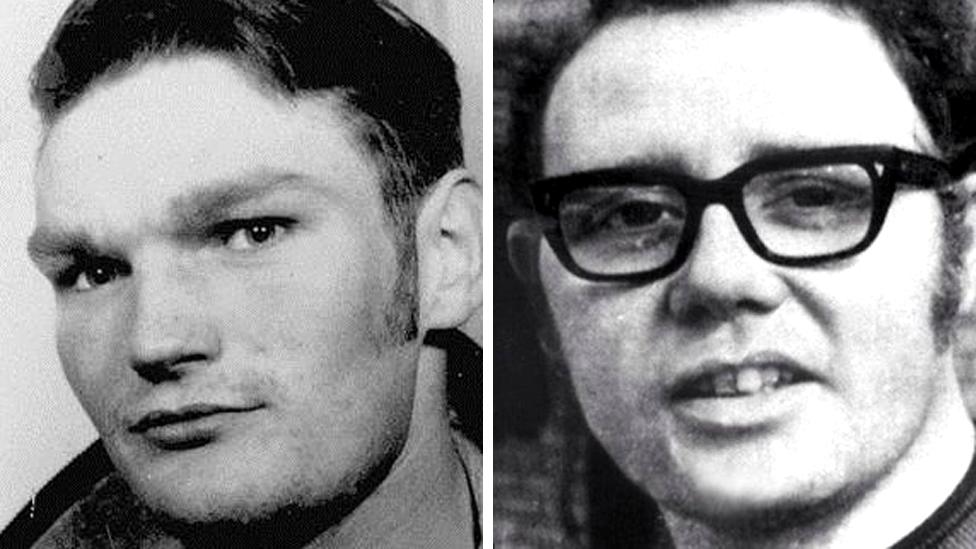
- Published22 April 2021
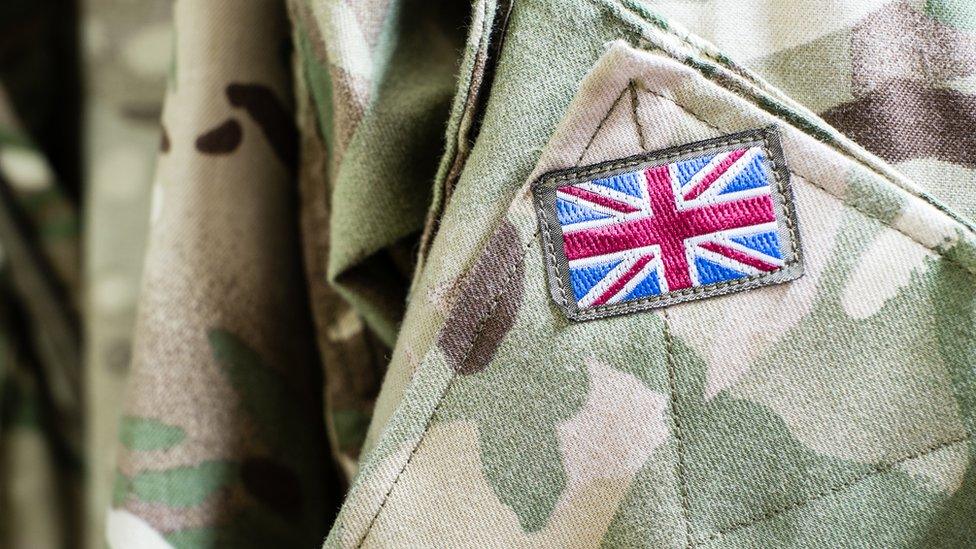
- Published21 April 2021
